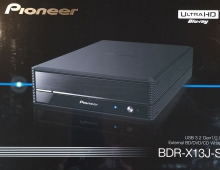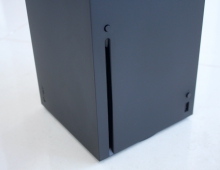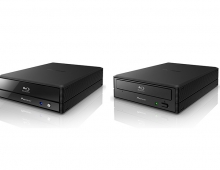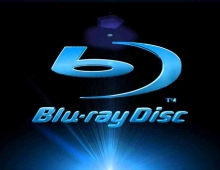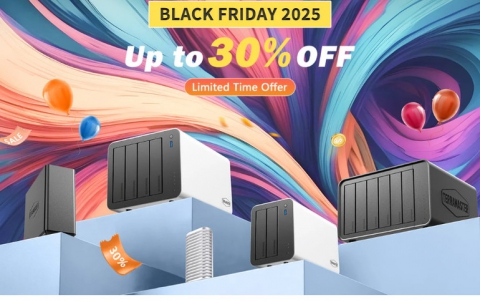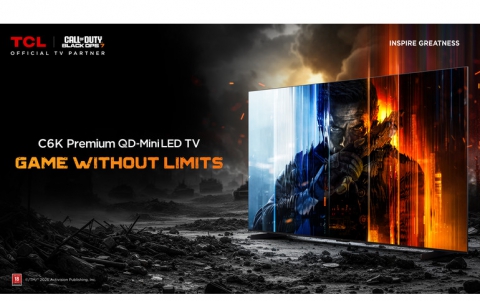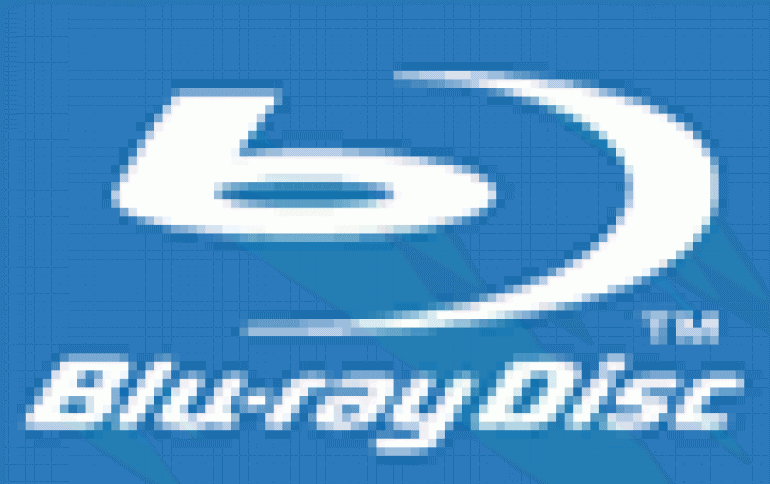
Toshiba Wants Unified DVD Format
Toshiba said on Tuesday it would still like to develop a unified format for advanced optical DVD discs, but two competing -- and incompatible -- products are likely to hit the market at first.
Toshiba is a leading proponent of next-generation HD DVD optical disc technology, which competes with the Blu-ray standard promoted by Sony and Matsushita Electric Industrial, a maker of Panasonic brand electronics.
"We have not given up on a unified format. We would like to seek ways for unifying the standards if opportunities arise," Toshiba President Atsutoshi Nishida told an annual shareholders' meeting.
Toshiba, Japan's second-largest electronics conglomerate behind Hitachi Ltd. , in March started rolling out the world's first HD DVD players in Japan.
Starting with losses
Toshiba is currently losing at least $200 on each sale of its HD-A1 HD-DVD player, according to electronics industry analysts iSuppli.
The components alone cost around $674, said iSuppli, significantly more than the retail price of between $447 and $549.
Testing, cables, remote control and packaging are reckoned to push Toshiba's cost to more than $700 per machine.
ISuppli concluded that Toshiba is buying its way into the market. Blu-ray, HD-DVD's big rival in the next-generation DVD format wars, is comparatively expensive, with the new BD-P1000 Blu-ray DVD player from Samsung retailing at $999. However, early reports suggest that both rival players are not flying off the shelves.
"There is little question that Toshiba had to use a high-cost design for its first model. But there is a big question as to whether pricing its player so much less than Blu-ray is worth the financial risk," said Chris Crotty, senior analyst for consumer electronics at iSuppli.
"Combo" devices
Samsung had originally announced that it would produce a dual format player, but later retracted this, casting doubt of the financial viability of such a product. However, Samsung's Korean rival LG recently made the decision to cancel its promised Blu-Ray player and will instead, it claims, launch a dual format machine later this year.
Dual format players are not only likely to be prohibitively expensive, in part due to the high royalty burden, but will also serve to delay the inevitable outcome... an outright winner of the format battle.
"We have not given up on a unified format. We would like to seek ways for unifying the standards if opportunities arise," Toshiba President Atsutoshi Nishida told an annual shareholders' meeting.
Toshiba, Japan's second-largest electronics conglomerate behind Hitachi Ltd. , in March started rolling out the world's first HD DVD players in Japan.
Starting with losses
Toshiba is currently losing at least $200 on each sale of its HD-A1 HD-DVD player, according to electronics industry analysts iSuppli.
The components alone cost around $674, said iSuppli, significantly more than the retail price of between $447 and $549.
Testing, cables, remote control and packaging are reckoned to push Toshiba's cost to more than $700 per machine.
ISuppli concluded that Toshiba is buying its way into the market. Blu-ray, HD-DVD's big rival in the next-generation DVD format wars, is comparatively expensive, with the new BD-P1000 Blu-ray DVD player from Samsung retailing at $999. However, early reports suggest that both rival players are not flying off the shelves.
"There is little question that Toshiba had to use a high-cost design for its first model. But there is a big question as to whether pricing its player so much less than Blu-ray is worth the financial risk," said Chris Crotty, senior analyst for consumer electronics at iSuppli.
"Combo" devices
Samsung had originally announced that it would produce a dual format player, but later retracted this, casting doubt of the financial viability of such a product. However, Samsung's Korean rival LG recently made the decision to cancel its promised Blu-Ray player and will instead, it claims, launch a dual format machine later this year.
Dual format players are not only likely to be prohibitively expensive, in part due to the high royalty burden, but will also serve to delay the inevitable outcome... an outright winner of the format battle.


